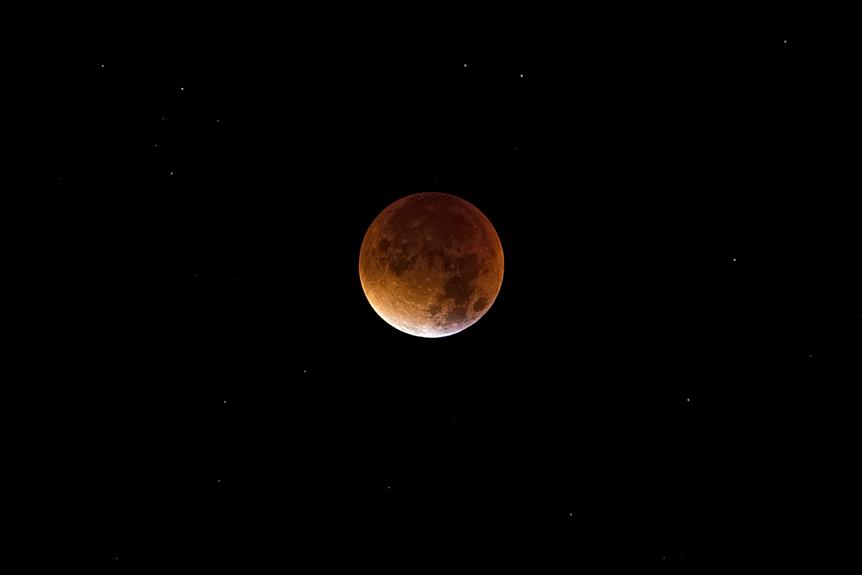Don't be fooled–while a solar eclipse may seem like a modern marvel, it's actually an ancient phenomenon. For centuries, civilizations have been in awe of the cosmic event, and for good reason: a solar eclipse can have serious physical, mental, and emotional effects.
In this article, we'll explore the side effects of a solar eclipse, how to prepare for one, and how to manage the aftermath.
Join us and experience the liberation of being in the know about this incredible natural phenomenon.
Physical Effects of Solar Eclipse
You're likely to experience physical sensations such as dizziness and nausea during a solar eclipse. Sun blindness can occur if you don't take the necessary precautions. Viewing the eclipse without proper eye protection can lead to temporary or even permanent vision loss.
To protect your eyes, it's important to wear proper eye protection when viewing the eclipse. Therefore, make sure to take the necessary steps to protect your eyes and avoid eye damage. So, be sure to wear proper eyewear when viewing the sun during a solar eclipse.
Mental Effects of Solar Eclipse
You may feel a sense of awe and wonder, as well as anxiety and confusion, during a solar eclipse. Unexpected fears, psychological changes, and other mental effects can be experienced:
- Heightened emotional states that can cause feelings of fear, anxiety, and excitement.
- Cognitive and sensory disturbances, such as difficulty focusing or feeling overwhelmed by the intensity of the eclipse.
- Unusual thoughts or sensations, including a sense of awe and wonderment.
These mental effects can be unsettling, yet can also lead to new insights and perspectives.
Being in the moment and embracing the unexpected can help you navigate this unique experience.
Emotional Effects of Solar Eclipse
Experiencing a solar eclipse can bring about a range of emotional effects, from fear and anxiety to amazement and awe. The fear of the unknown and its consequences can be overwhelming to many.
However, it can also be seen as a moment of liberation from the everyday and a chance to appreciate the beauty of nature. Embrace the moment and let yourself be moved by it.
Open yourself to the power of the eclipse and let it bring you joy, peace, and a sense of wonder.
How to Prepare for a Solar Eclipse
Before experiencing a solar eclipse, it's important to be prepared. Research safety measures and have the necessary protective gear:
- Wear sunscreen and protective clothing.
- Use eye protection like eclipse glasses or a solar viewer.
- Avoid looking directly at the sun, even during a partial eclipse.
Take these precautions to ensure safety and enjoy this rare, wondrous event. With the right preparation, you'll be able to witness a solar eclipse with liberation.
How to Manage Post-Solar Eclipse Effects
After experiencing a solar eclipse, it's important to be aware of potential side effects. Sunscreen protection and eye protection should be used to mitigate any damage that may have occurred before, during, and after the eclipse.
Symptoms such as eye strain, headaches, and skin irritation are common post-eclipse and should be monitored. Taking restorative measures such as drinking plenty of water, wearing sunglasses, and avoiding direct exposure to the sun can help to speed recovery.
Being mindful of the risks is key in protecting yourself against the side effects of a solar eclipse.
Frequently Asked Questions
How Often Do Solar Eclipses Occur?
Solar eclipses occur on average about once every 18 months. They are caused by sun spots and lunar cycles. Liberate yourself by learning when the next one will be!
Is It Safe to Look Directly at a Solar Eclipse?
No, it's not safe to look directly at a solar eclipse without eye protection. Wearing proper eye protection can help prevent eye strain and other potential side effects. Don't risk it – protect your eyes and stay safe!
Are There Any Potential Health Risks Associated With a Solar Eclipse?
Protect your eyes! Staring at a solar eclipse without proper eye protection can expose your eyes to harmful UV radiation. Wear protective eyewear to enjoy and experience this natural phenomenon safely. Liberate yourself from potential health risks associated with a solar eclipse.
What Are the Spiritual and Religious Implications of a Solar Eclipse?
You are invited to explore the spiritual and religious implications of a solar eclipse. Mythology and symbolism weave through ritual practices, creating a tapestry of liberation. Unearth the mysteries and discover a deeper meaning that transcends time and space.
How Does the Position of the Sun and Moon Impact the Effects of a Solar Eclipse?
You control the power of the sun and moon's paths and orbits. How they align during an eclipse impacts the effects felt. Acknowledge the power of the cosmos and the liberation that comes with it.
Conclusion
You've learned about the physical, mental, and emotional effects of solar eclipses, and how to prepare for them.
Now you're ready to experience the awe-inspiring event, while using the tips you've learned to manage the post-solar eclipse effects.
So, don't be afraid to take it all in and enjoy the breathtaking moment – it's sure to be a memory you'll cherish for years to come!
By using the rhetorical device of alliteration to emphasize the word “breathtaking,” we can enjoy the beauty of a solar eclipse with confidence and excitement.

